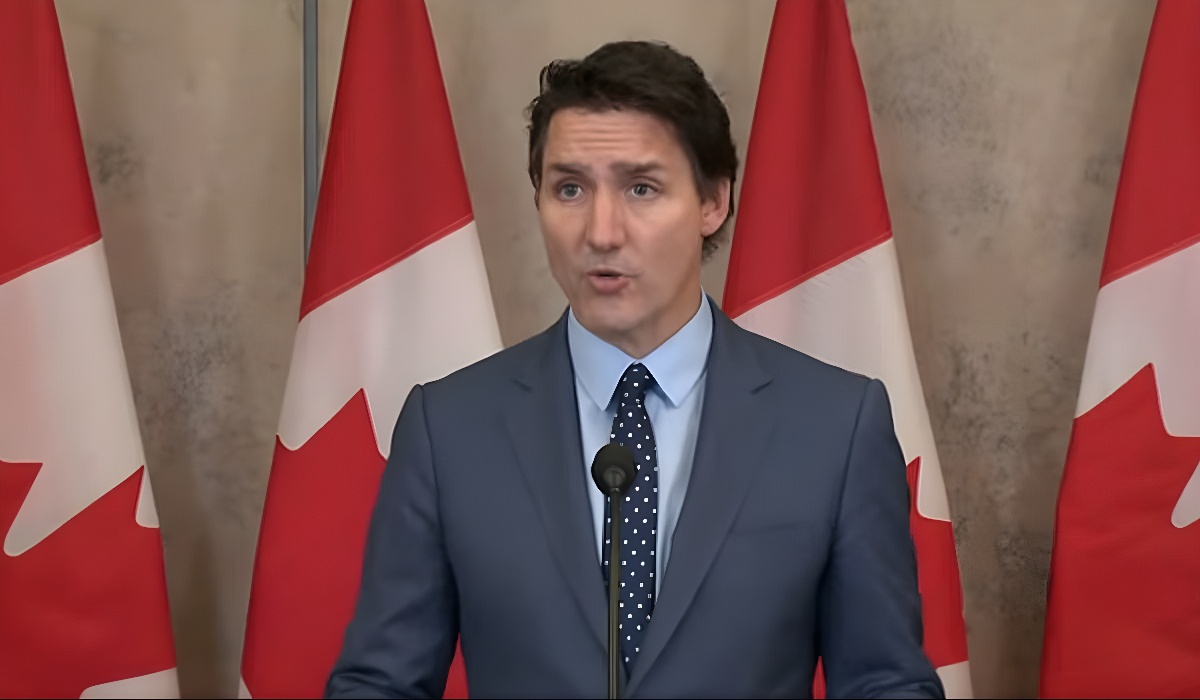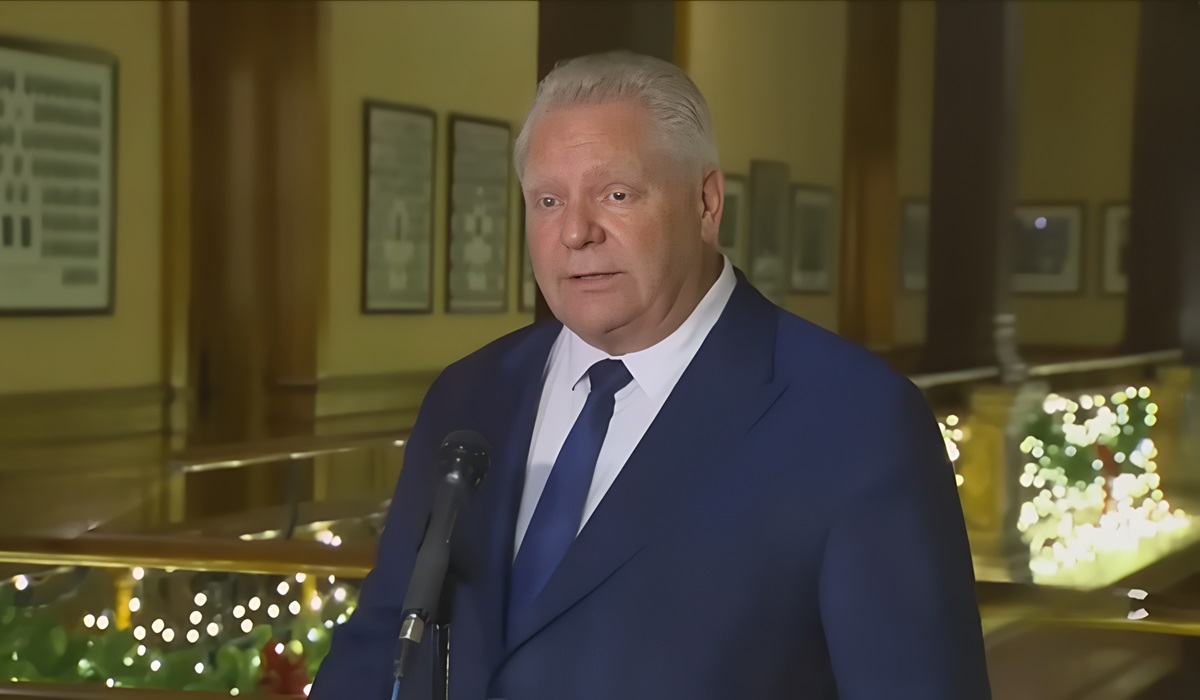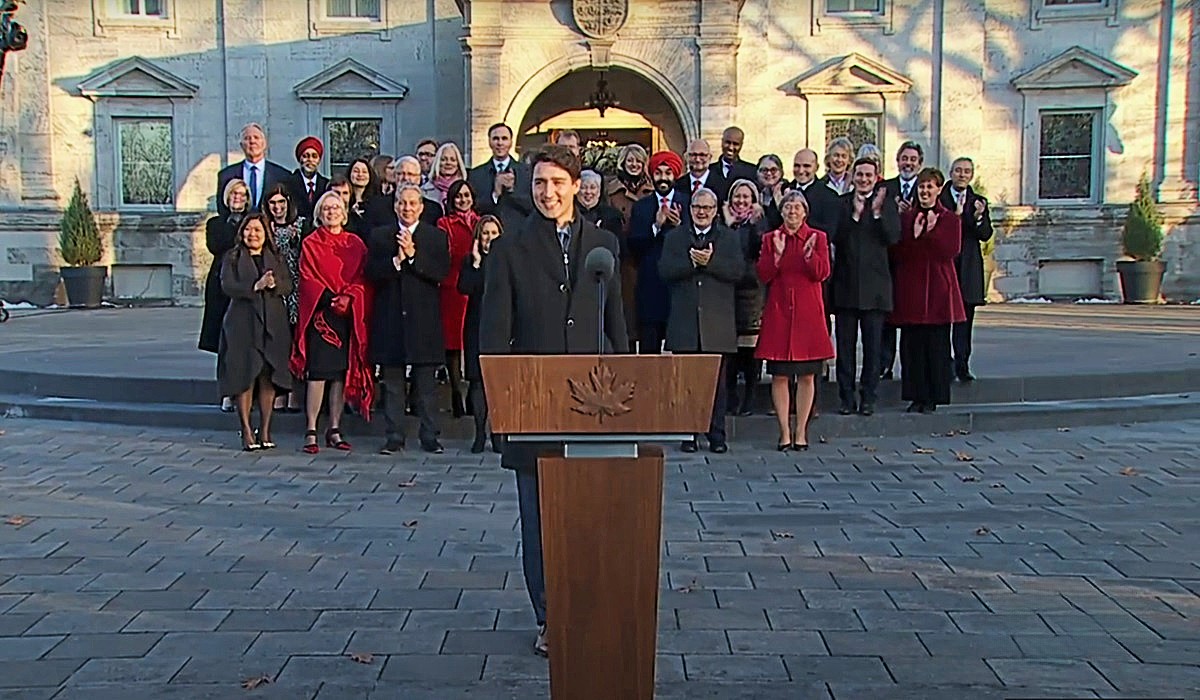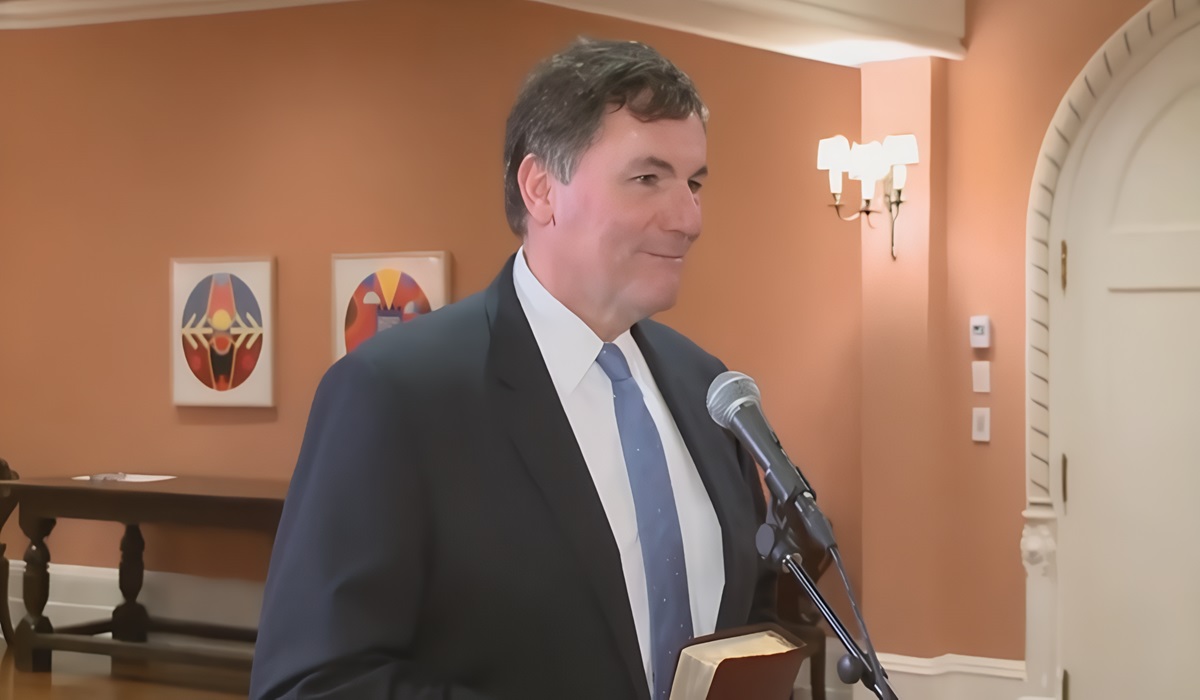Youth Exodus: Why Millennials and Gen Z Are Turning Away from the Federal Liberals
- TDS News
- Canada
- May 14, 2024

In Canadian politics, the Federal Liberal Party has long prided itself on being a champion of progressive values and inclusive policies. Yet, as the 2025 federal election looms on the horizon, the party finds itself grappling with a crisis of trust and relevance among key demographics, particularly Millennials, Gen Z, and minority communities.
At the helm of the party’s communication strategy is Max Valiquette, a seasoned expert in connecting with younger generations. His appointment was heralded as a strategic move to revitalize the party’s outreach efforts and re-engage disillusioned youth voters. However, Valiquette’s task is far from easy, given the deep-seated mistrust that has emerged as a result of the party’s foreign affairs policies and its treatment of the Palestinian people.
Despite significant investments in youth-focused initiatives, the government has failed to retain the goodwill of the very demographic groups it seeks to court. The ones that elected Trudeau as Prime Minister in 2015. The disconnect between the party’s rhetoric and its actions has become glaringly apparent, with young Canadians increasingly skeptical of the party’s commitment to social justice and equality.
One of the most contentious issues contributing to this erosion of trust is the government’s stance on the Israeli-Palestinian conflict. The Trudeau Administration’s unwavering support for Israel, coupled with its refusal to advocate for a Palestinian state, has left many feeling betrayed and marginalized. For Arab, Muslim, and South Asian Canadians, the party’s actions represent a stark betrayal of their values and interests. Muslim and Arab voters perceive a bias in the Government’s foreign affairs policies, where one race or group is prioritized over others.
It is a fundamental truth that every group has the right to self-defense. However, the Canadian government’s foreign affairs policies display an unmistakable bias, offering unequivocal support to one group while neglecting the rights of another. The government’s actions speak volumes, as they prioritize the existence and security of one community over another, denying the same rights to self-existence and protection to those they overlook. This blatant disparity in treatment is a stark reminder of the injustice that persists in our society.
Furthermore, the party has yet to provide a compelling reason for these key demographic groups, including Millennials, Gen Z, Arab, Muslim, and South Asian Canadians, to overlook its recent track record and support them in the upcoming 2025 election.
In the face of mounting criticism, the Federal Liberals have struggled to provide a coherent response. Despite promises of increased youth engagement and inclusivity, the party’s actions have failed to align with its purported values. Instead, young activists find themselves marginalized and ignored, their voices drowned out by the clamor of political expediency.
Max Valiquette’s appointment was intended to signal a new era of communication and engagement for the Liberal Party. Yet, his task is monumental, requiring not just effective messaging, but a fundamental shift in the party’s approach to governance and representation. Can Valiquette bridge the gap between rhetoric and reality, or is he merely a pawn in a larger game of political maneuvering?
As the Party grapples with its youth crisis, the stakes could not be higher. With the 2025 federal election looming, the Liberals must confront the uncomfortable truths that have driven many young Canadians away. Only by acknowledging its failures and committing to genuine change can it hope to regain the trust and support of the next generation of voters.
In the corridors of power, the Federal Liberal Party faces a reckoning. Will it continue down the path of expedience and compromise, or will it seize the opportunity to truly represent the values and aspirations of all Canadians? The answer remains uncertain, but one thing is clear: the future of the party depends on its ability to listen, learn, and evolve in the face of adversity.








